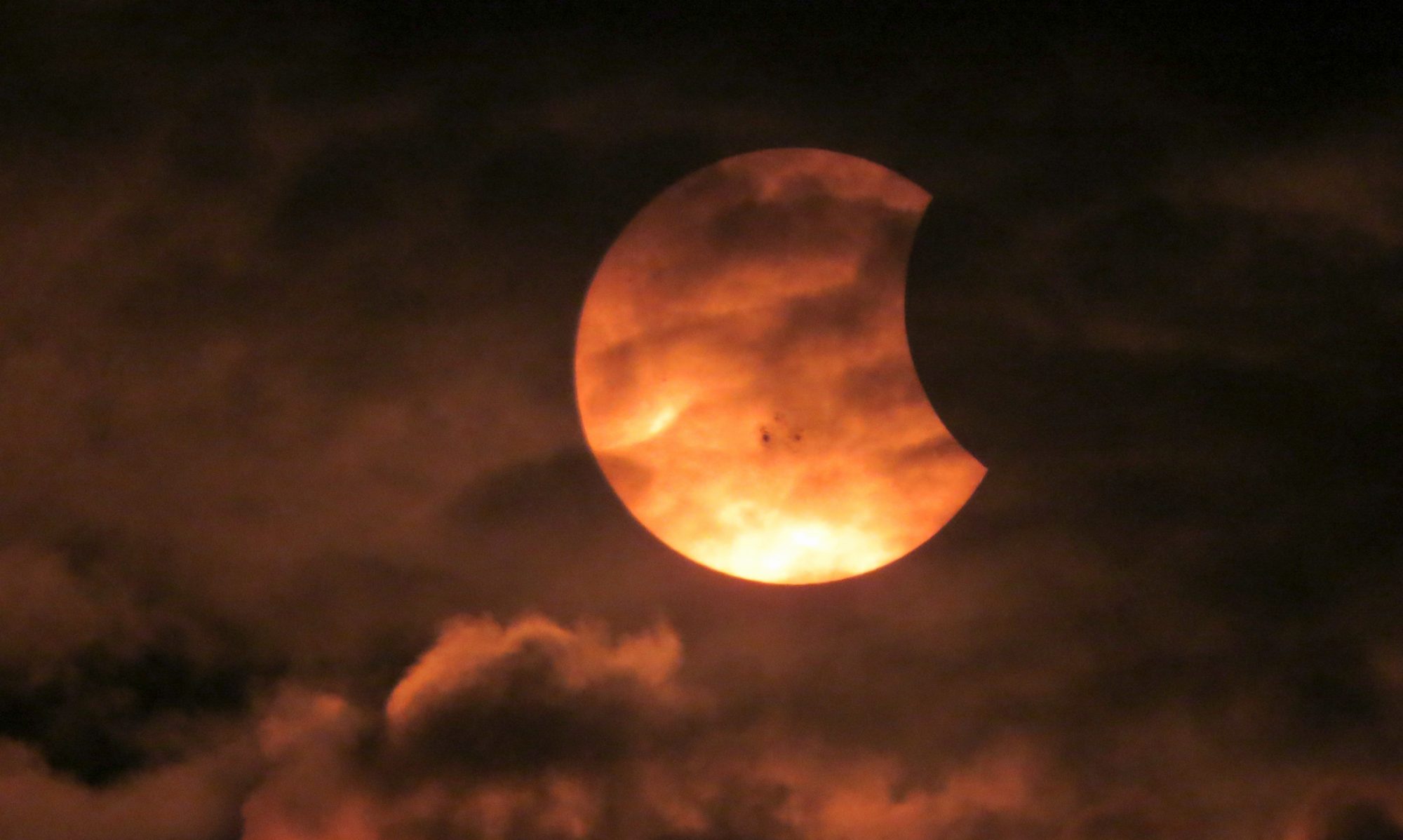Arrived at 9 AM. I wanted to see if my Yellow Oriole was still there. He may have been. I found at least 4 individuals in the deciduous trees near the start of the trail – one each of breeding male, adult female, and first summer male straight out of Sibley’s. Then one more that was a breeding male whose burnt orange showed some yellow. I don’t know how quickly they make the transition yellow to dark orange but maybe this was my bird from Friday or at least one in the same boat. What was really interesting was the song being sung. I don’t know how to describe a song in text very well but the song on Friday was made of two parts – the prelude and the end. The prelude is made of four notes that last about 2 seconds – base, up one, back to base, then down one. The ending starts back at the base and sounded rather familiar. I realize I’m inserting more music into than is really warranted but you may remember a household cleaner whose sales jingle many years ago was “stronger than dirt!”. The song on Friday ended in “stronger than dirt, than dirt.” This is the call I recorded and mentioned in a previous post. Today, the call started with the same prelude but ended with an undulating trill that ran at the base tone. I saw the first year male sing it. So, my analysis is that I did see a first year Orchard Oriole in transitional plumage on Friday and perhaps he is almost done two days later and the song changes as they mature. Left at 10:37 AM.
Species seen or heard:
• Dickcissel
• Northern Cardinal
• Mourning Dove
• Red-winged Blackbird
• Turkey Vulture
• Eastern Meadowlark
• Blue Jay
• Eastern Bluebird
• American Crow
• Purple Martin
• Killdeer
• Orchard Oriole
• Scissor-tailed Flycatcher
• Eastern Kingbird
• Red-bellied Woodpecker
• Carolina Wren
• White-eyed Vireo
• Eastern Wood-Pewee
• Downy Woodpecker
• Northern Mockingbird
• Fish Crow
• Ruby-crowned Kinglet
• Blue-gray Gnatcatcher
• Common Yellowthroat
• Indigo Bunting
• Eastern Towhee
• Carolina Chickadee
• American Robin
• Great Crested Flycatcher
• Wood Duck
• Pileated Woodpecker
• Cliff Swallow
